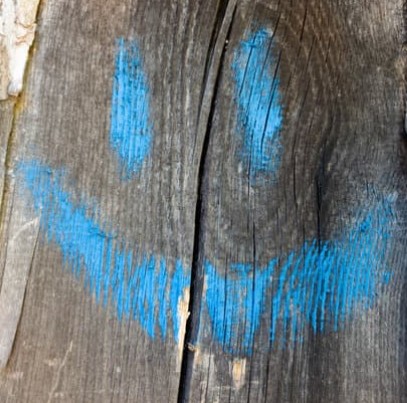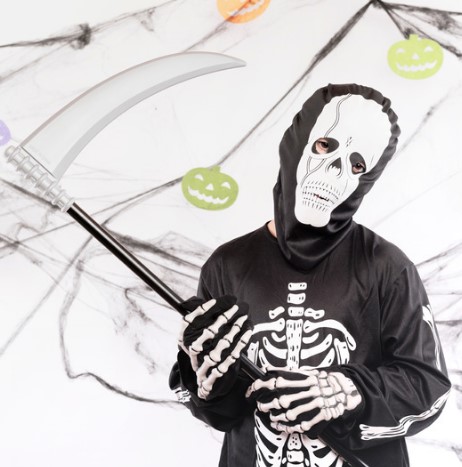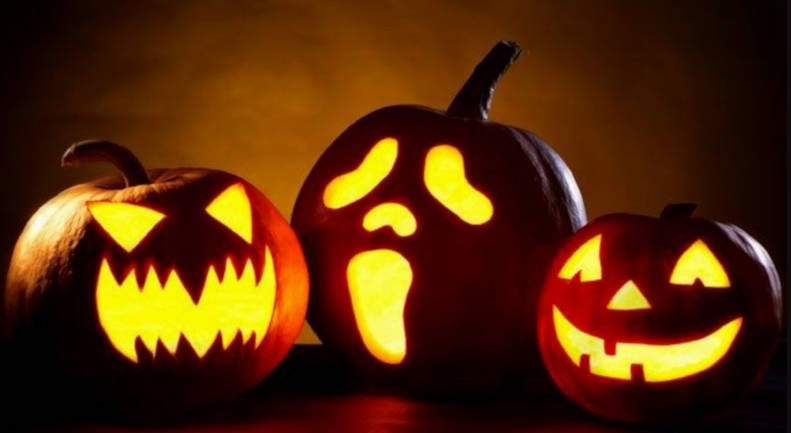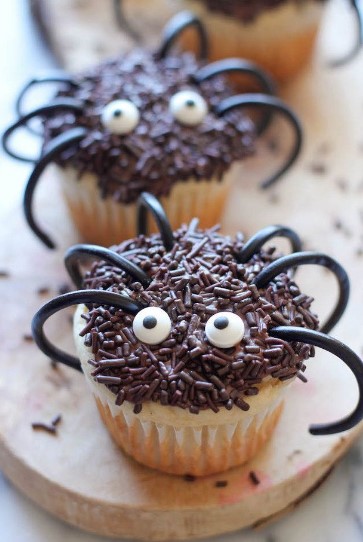
It is estimated that 21 out of every 100 people will experience a panic attack at some point in their lives. It is therefore worthwhile, especially if you are a person who is highly exposed to stress, to be familiar with the sudden reaction that is a panic attack. It is the symptoms that accompany the attack that aggravate the fear and fuel the attack.
Give yourself a massage
Massages are known to be effective in reducing stress1,2. When you feel panic coming on, think about self-massage. If you are in public or don't want to draw attention to yourself, choose the hands:
To massage your hand, open it and massage the palm with your thumb in a circular motion. Start the massage in the palm of your hand and gradually work your way outwards, applying more and more pressure. Then smooth each finger, pressing gently and without cracking. Then move to the other hand.
At the same time you can repeat soothing phrases to yourself.
Try Autogenic Training
This is a closely related deep relaxation technique that uses suggestion and concentration to eliminate stress. To work at its best, it requires real training that demands regular and sustained practice. Here is the recommended exercise:
Sitting or lying down, close your eyes and repeat inwardly and slowly "my right arm is heavy" while visualizing the arm becoming heavy. Breathe deeply.
The more the body weighs, the more it spreads out and the more it relaxes the muscles.
Now repeat inwardly and slowly "my right arm is warm" while visualising the gentle warmth spreading. Breathe deeply.
This visualization allows a very slight vasodilation of the blood vessels, which promotes better oxygenation of the body.
Always keep your eyes closed and then repeat inwardly and slowly "my heart is beating gently" while paying attention to your heart rate.
This formula calms the heartbeat and leads to general relaxation.
Finally, focus on your breathing and your breathing alone. See how deep, calm and gentle it becomes as you pay attention to it.
Perform a visualisation (guided or not)
Visualisation or guided imagery is a very effective practice for responding to a panic attack, but it requires solid training. It consists of closing your eyes and picturing or constructing an image or scene that calms you.
Use your breath
The next time you feel very stressed, get into the habit of taking deep breaths.
Start by breathing in through your nose and then place one hand on your stomach, which should rise, and another on your chest, which should barely move.
Then breathe out through your mouth and push out as much air as you can, while contracting your abdominal muscles.
Continue to breathe in the same way, breathing in through your nose and out through your mouth.





